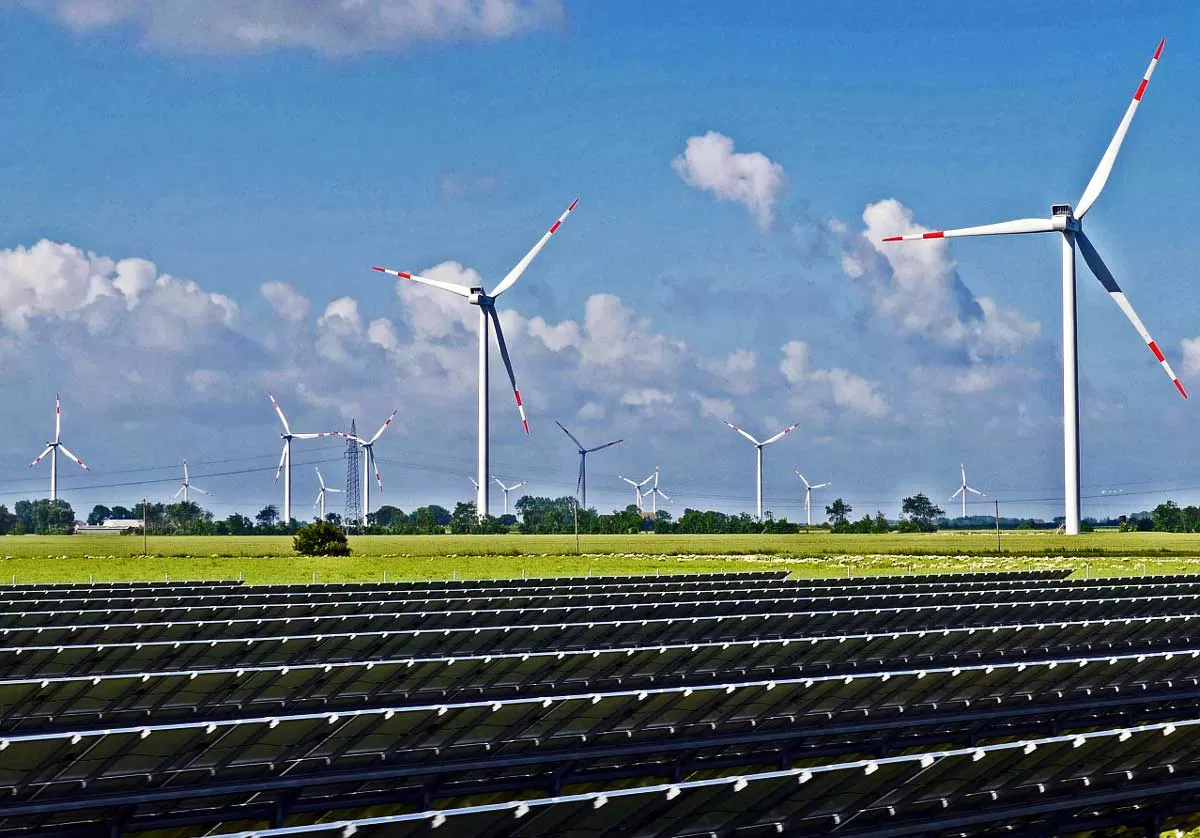Flexible workspaces expected to rise to about 10 million sq ft by 2020

We operate 100 smart buses serving 30,000 passengers daily
Aurangabad, known as the ‘City of Gates’ owing to its historical monuments and Mughal heritage, is equally renowned for its industrial development, with a nominal gross district domestic product (GDDP) of Rs.988.04 billion. As growth has progressed, there has been a focus on enhancing the standard of living, prompting key initiatives, including the award-winning Majhi Smart Bus Initiative. G Sreekanth (IAS), CEO, Aurangabad Smart City Development Corporation Ltd (ASCDCL), discusses the city’s ongoing and upcoming developments in conversation with NEHA YADAV.Recent news h..

Sterling and Wilson Secures Rs 12 Bn Solar EPC Contract in Gujarat
Sterling and Wilson Renewable Energy has been awarded a Rs 1,200 crore contract for a 500-megawatt (MW) solar photovoltaic (PV) project in Gujarat, strengthening its foothold in India’s renewable energy sector. The engineering, procurement, and construction (EPC) contract encompasses the design, engineering, and installation of balance-of-system (BoS) components with single-point responsibility. It also includes operations and maintenance (O&M) services for three years. “We are delighted to secure this significant order, which will aid India, especially Gujarat, in its transition to clean ..

NTPC Green Energy Signs MoU with Bihar Government
NTPC Green Energy (NGEL), a subsidiary of NTPC, has entered into a Memorandum of Understanding (MoU) with the Department of Industries, Government of Bihar, during the Bihar Business Connect 2024 Global Investors’ Summit held on 20 December 2024 in Patna. The MoU outlines plans for substantial investments in Bihar to establish various renewable energy projects, including: Ground-mounted and floating solar installations Battery energy storage systems Green hydrogen mobility initiatives The Bihar Government will assist by facilitating necessary approvals, permissions, registrations, and cleara..















